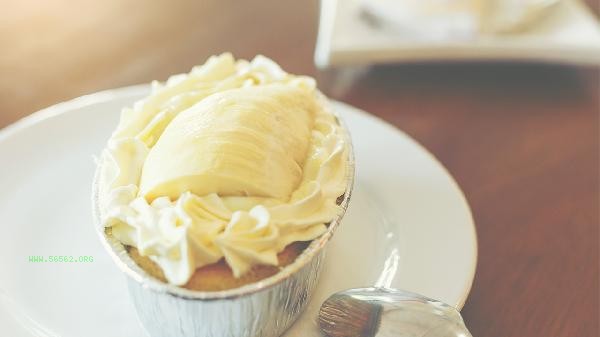Overnight cakes are generally edible when stored properly, but attention should be paid to storage conditions and cake types. Cream cakes or cakes containing perishable ingredients need to be refrigerated, while dry cakes can be stored at room temperature. If the cake has an odor, mold, or texture change, it is not recommended to consume. The risk of bacterial growth increases significantly when cakes are stored at room temperature for more than 4 hours. Cream, fruits, and other ingredients are prone to spoilage, especially in high temperature environments during summer, which requires caution. Seal the cake with plastic wrap and refrigerate it to extend its shelf life to 1-2 days. Mousse or cakes containing raw dairy products require higher storage temperatures and should not be refrigerated for more than 24 hours.

Dry pastries such as sponge cakes and pound cakes without cream can be stored for 2-3 days in a dry environment below 25 ℃. But if you come into contact with saliva or utensils, the probability of microbial contamination will increase significantly. Cakes with a milk fat content exceeding 30% may experience oil oxidation even when refrigerated, resulting in a rancid taste that is not edible.

It is recommended to choose the storage method according to the type of cake, and check the appearance and odor before consumption. Elderly, children, and immunocompromised individuals should avoid consuming overnight cakes. You can choose to purchase in small portions for daily use, or pack and freeze at -18 ℃ for up to 2 weeks. Warm it back before consumption to maximize taste and safety.










Comments (0)
Leave a Comment
No comments yet
Be the first to share your thoughts!